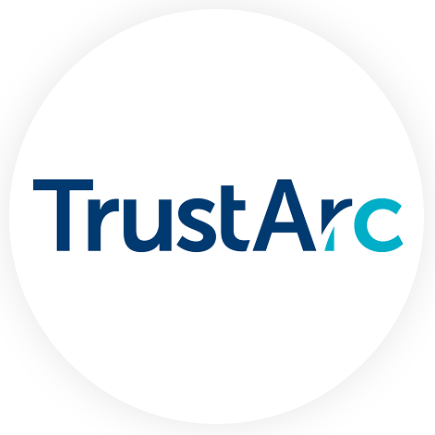Over the past several years, you might have discovered that you need to improve your computer’s capabilities to meet your daily needs. As both the digital and physical world progresses and evolves, we rely on our devices more and more to stream content, communicate, run applications, and complete a variety of other tasks. All of this requires peak speed, performance, durability, and function.
One way you can give your computer a boost is by investing in more storage capacity. Added space gives you more room for important files and keeps your system from getting bogged down (which may lead to sluggish performance). When updating your device’s storage, you’ll have two primary options to choose from: solid-state drives (SSDs) and hard disk drives (HDDs).
Like many computer owners, you might have only thought of SSDs and HDDs in terms of how much space you need for storage, only buying the most you could afford at the time. In a pinch, you might have purchased an external hard drive to supplement your data storage needs. However, the difference between solid-state drives and hard disk drives is far greater than gigabytes or terabytes – these two storage options offer their own unique advantages and drawbacks.
Before you decide to buy an HDD or SSD, it’s important to take some time to understand what sets them apart. That way, you can choose the option that’s best for your computing needs.
Key Differences Between SSDs and HDDs
While solid-state drives and hard disk drives both boot your system and preserve your programs, documents, music, movies, and photographs, they have a variety of differences. Perhaps the most prominent dissimilarity is that HDDs feature a mobile component, while SSDs do not.
Hard disk drives are far more mechanically complex than SSDs and are composed of spinning platters that feature a magnetic coating and a read-write head. This essential component rotates to read data, switching back and forth between disks. Because of this function, HDDs are highly mechanical, making them slower, more fragile, and more prone to breakdowns. Specifically, these drives are vulnerable to damage from being jostled, bumped, or dropped. The moving parts within an HDD also create a slight humming noise, which may be distracting for some users.
Additionally, because hard disk drives read information in large blocks, you must perform defragmentation sessions frequently to clear out space on your computer. This process can be quite time-consuming and takes away valuable productivity opportunities. SSDs, on the other hand, do not have the same spatial constraints and can be stored and accessed anywhere, at any time.
Solid-state drives store information using flash memory, which is comprised of individual memory cells that hold small amounts of instantly accessible data. Flash memory does not use any moving parts, which means it is less prone to damage and far more ideal for portability. Plus, thanks to their non-mechanical nature, SSDs require less power than hard disk drives. This allows for longer battery life and lightning-fast speed on your device.
Solid-state drives are also quieter than HDDs, as they don’t feature the same spinning mechanism. However, this storage option isn’t always affordable, and you’re likely to pay more per gigabyte than you would with a hard disk drive.
Which Type of Drive Is Best for Your Needs?
While hard disk drives are a budget-friendly storage option, they fall short in terms of speed and durability, which can lead to costly repairs and devastating data loss down the road. Solid-state drives, on the other hand, offer high speeds and unrivaled resilience, making them a great choice for virtually any computer user. Despite their high initial cost, SSDs can help you save money in the long run, as they’re less likely to become damaged and require service from a computer repair company.
Enhance Your Device with Help from a Dedicated Computer Repair Company
At NerdsToGo, we understand that you face more choices than ever when it comes to improving your computer’s speed, performance, durability, and functionality. Luckily, our certified Nerds are here to help you determine which options are best for your needs.
Contact us today to learn more about hard disk drives and solid-state drives, or to schedule a consultation with our expert computer repair team! We’re happy to answer any questions you might have and offer advice and guidance for choosing the best products for your device.



